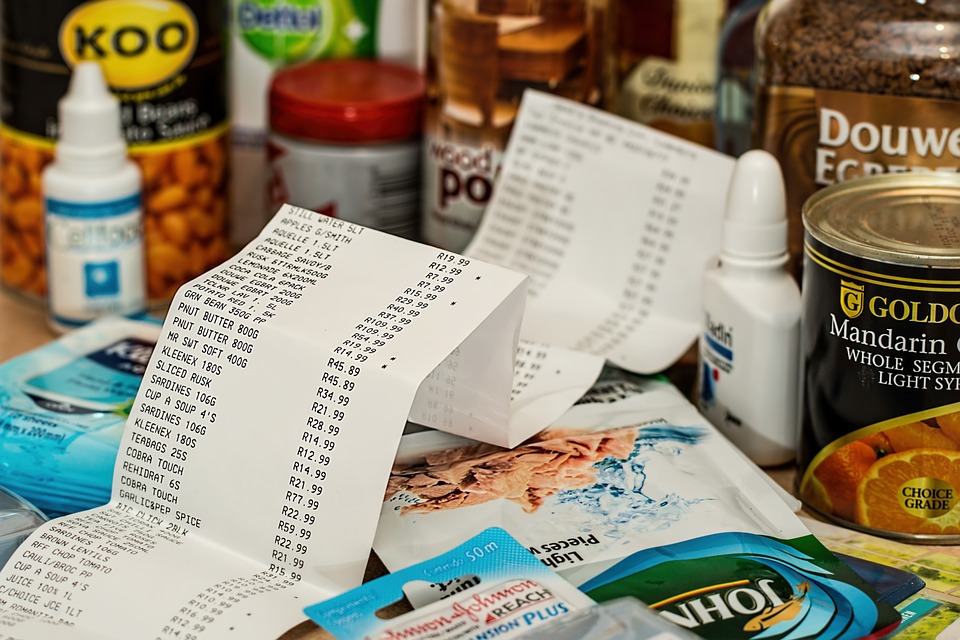Every one of us has come across the advice: credit cards should be used wisely. But knowing what is smart and doing what is smart are two different things altogether. With the increasing number of US young adults purchasing things with their plastics, the advice is worth repeating. 64% of 18-34 years olds say they randomly use their credit cards, versus 43% in 2013, as per reports of a survey done by Mercator Advisory Group. Do you ever feel guilty about any of the bad financial habits that you regularly keep repeating?

Image: https://pixabay.com/en/shopping-spending-till-slip-879498/
We all know that bad spending habits can break our budget every month and it is a big concern to deal with. Bad financial habits may include impulsive shopping for shoes, dining out every weekend, or going to parties every other day. If you’ve maintained an income statement, you will probably see the dollar figures associated with overspending. Here are some tips and tricks that you may follow to bid goodbye to your bad financial habits.
• Tip #1: Put an end to mindless charging
There are credit card users who nurture a mindset that prompts them to pay with plastics rather than cash as the former ‘doesn’t count. This is an entirely wrong notion that they harbor in their mind. Though you don’t have to shell off cash from your pocket, you will, later on, have to pay outrageously high-interest rates for buying things on credit. Don’t you think that the money you pay on interest rate is a sheer wastage? So, as long as you can afford something with cash, buy it with cash.
• Tip #2: Head out only with the cash that you may need
Are you about to visit the mall for shopping? If yes, take only the cash which you may need. If you’ve set a budget of $100 for clothing, go to the ATM and get exactly $100 out and not a penny more than that. Take that money in your wallet and keep all your credit and debit cards at home. It is only this way that you will be forced to work with the cash that you have on hand.
• Tip #3: Paying ONLY the minimum amount on your cards is not the right way
It is sometimes understood that when your financial condition is tight, you may not feel like parting with your hard-earned dollars to pay off your credit card debt. But that will just make you hurt yourself in the long run. People who simply pay the minimum amount on credit cards are actually extending the time period on every single item that they buy. Hence, it is always wiser to pay more than just the minimum monthly payments.
• Tip #4: Stop spending more than what you make in a month
Do you think yourself to be the US government? America is also in a tough state where its fiscal deficit is shrinking and how do you see your personal deficit? As per the National Financial Capability Study, about 36% of individuals, 1 in 5 Americans spend more than what they make in a month. Your personal goal should be to flock around among the 41% of Americans who spend much less than what they earn in a month.
• Tip #5: Stop thinking that you’re not financially smart enough
Money matters can definitely be confusing but we presently live in an age where consumers are almost forced to exercise control over their personal financial lives, whether it involves investment decisions or retirement savings. You must have thought earlier that investing is hard or it is for the rich. But this is a wrong notion. You’ve got to take control over your own finances and make sure you’re making smart financial decisions.
The serenity and peace of being debt-free have their own kind of glee and satisfaction. If you don’t stop your bad financial habits, it is almost impossible to walk along the path of a debt-free life. Follow the above-mentioned tips and tricks to get rid of your bad financial habits and embrace monetary wisdom.

Leave a Reply